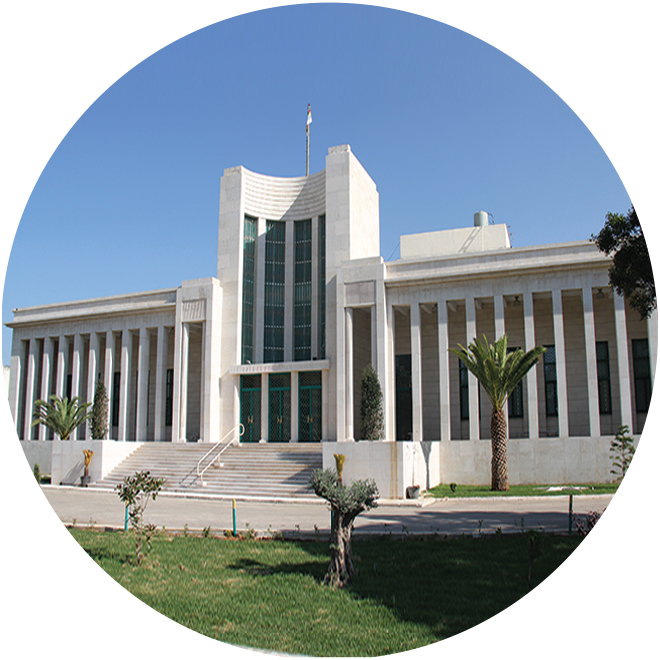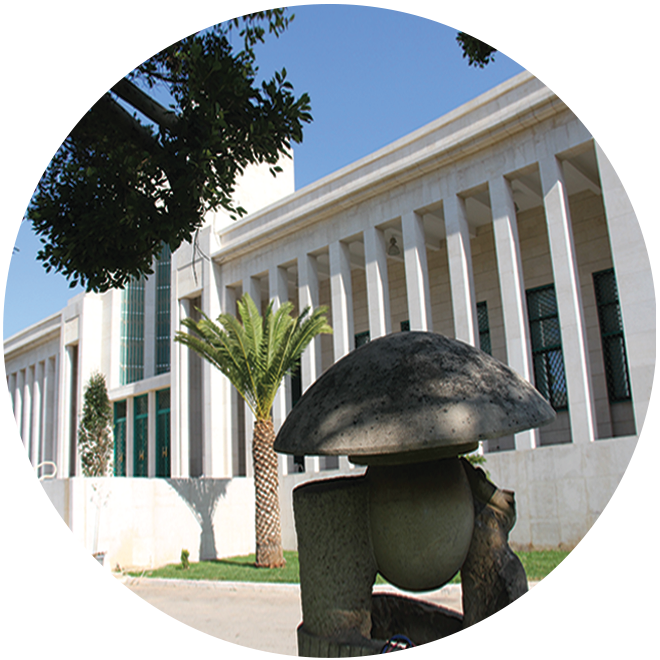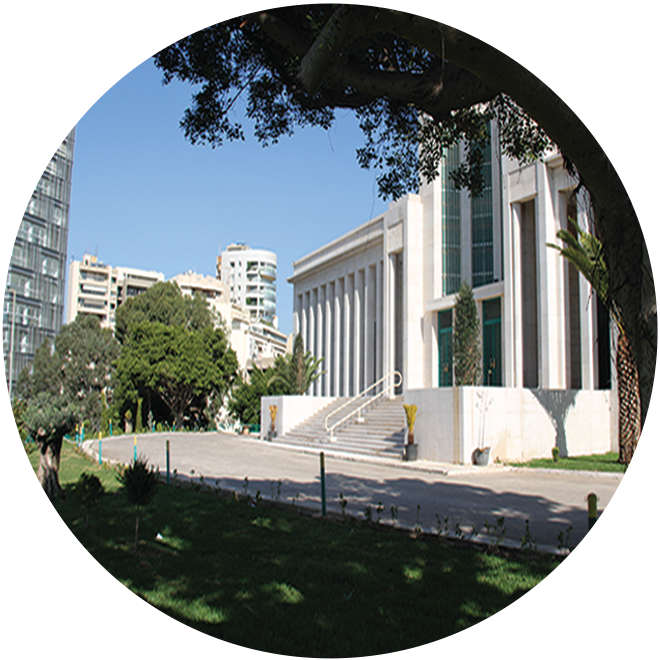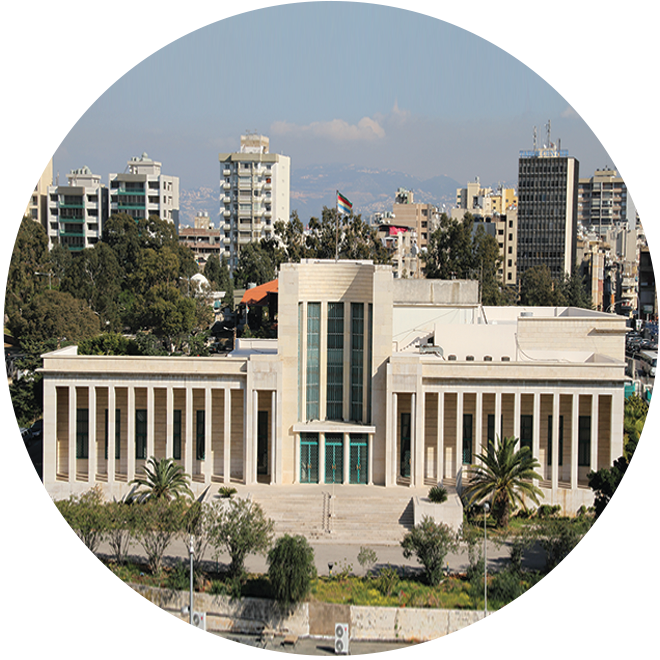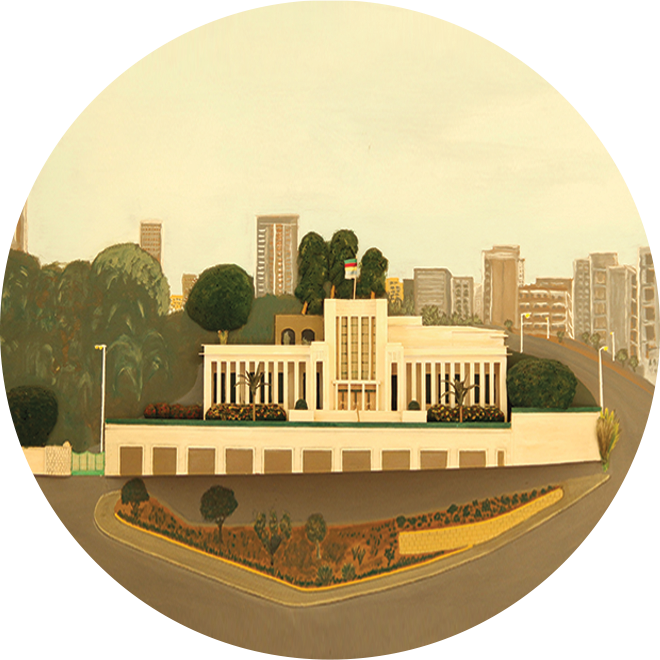The Mouwahidoune Druze
The Mouwahidoune Druze believe in the One God, Most Exalted, Most Glorified, the Creator of Heavens and Earth, Whose fate and destiny could not be repelled, to Whom the will is ascribed, the Knower of things unseen and testimony and the All-Wise; they also believe in his angels, messengers and prophets whom He chose as preachers and apostles of the heavenly books and missions, so that people could give no excuses before God. Besides, they believe in the Last Day “when every soul Will be confronted With all the good it has done, And all the evil it has done, It will wish there were a great distance”; their reference regarding what is bidden and forbidden is the Holy Qur’an which distinguishes right from wrong.
Most of the Mouwahidoune Druze – who were faultily known as the “Druze” because of a historic dubiousness committed by historians in tracing back the Druze ancestry – belong to Arabian tribes that were decent at heart, noble in belonging and deeply-rooted in their glorious deeds in defending the nation and its honor throughout history. They preserved their Arabic nationality because of their noble morals and of abiding by the traditions of the virtuous ancestry with all its customs and rules of honor, solicitude and courteous manners and speech. Of the tribes that settled in Great Syria and from whom the Mouwahidoune Druze descended are: Taimollah (Taim Ellat), Lakhem, Taie, Rabiea El Najdiah, Banou Jandal who belonged to Tamim Tribe, and many other known tribes.
The history of those Arabian tribes, who settled on the coastal cities of Great Syria throughout the period extending from the second century of Hegira to the middle of the nineteenth century, is merged with the historic role known as “Mothaghara”, which means defending for the coastal cities of the nation against any foreign invasion. As a result, this task, with all its historic dimensions, prevailed the narrow confessional feeling for the benefit of collaboration with the community, as the biographies of great men and their national history witness.
Monotheistic Concepts
A definition issued by the Bureau of Mashyakhat Al Aql of
the Mouwahidoune Druze Sect – Beirut









